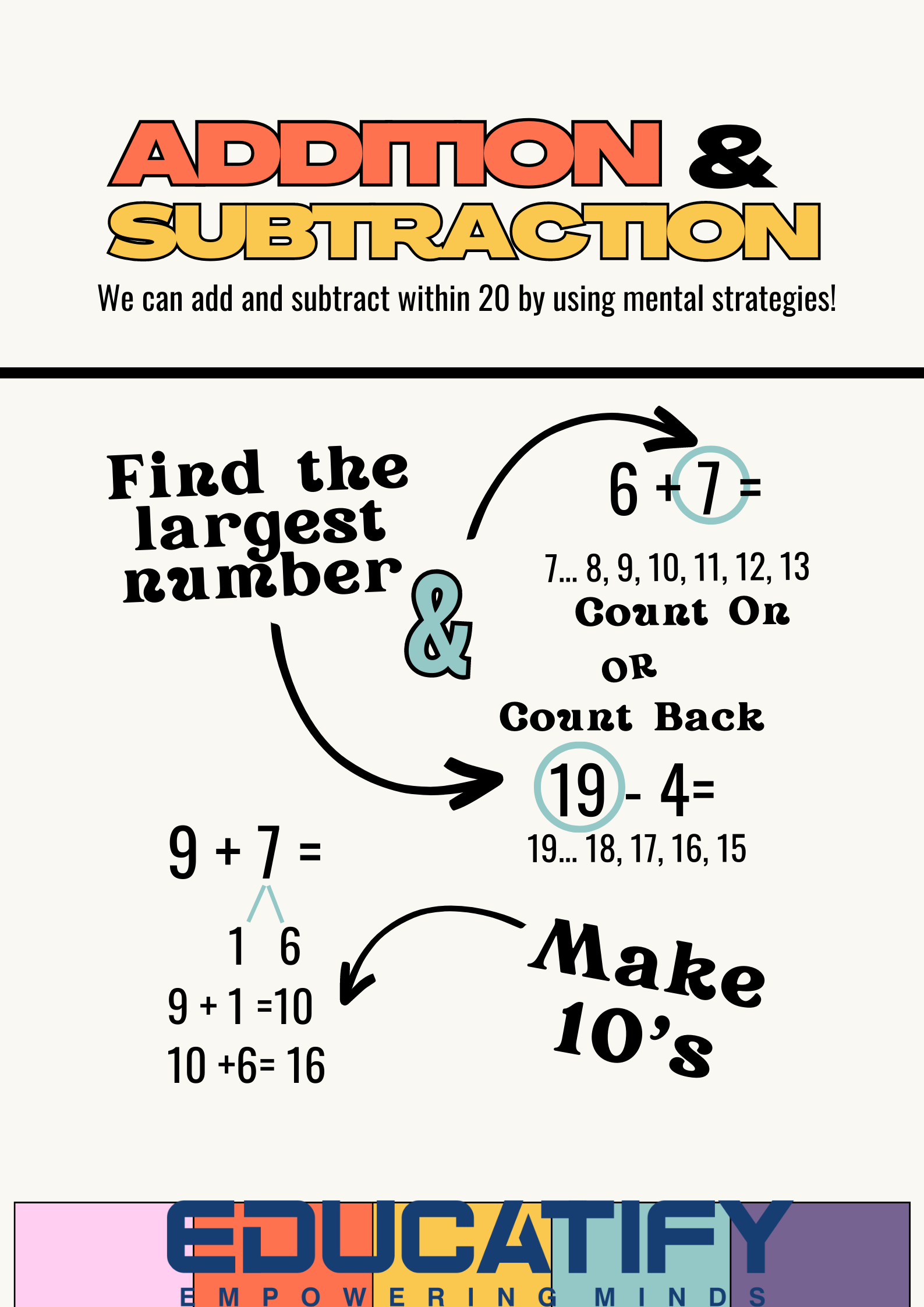-
Send Email info@educatify.com.au
-
AddressAustralia, UK, India
Hello, Please explore your opportunities here around reasonings and online classes

|
| Educatify's highlights our online math classes and reasoning practice programs, featuring detailed course descriptions, grade levels, schedules for live sessions and webinars, faculty profiles, student achievements, enrollment guidance, interactive resources, and parent support information. Discover engaging math and reasoning content, connect with experienced instructors, access interactive resources, and stay informed about upcoming events and promotions while creating a vibrant learning community. |
| Message By : Educatify |
E-mail : info@educatify.com.au
Mob : WhatsApp & SMS +61 414 044 658, +44 7799 274593, +91 70123 71387
